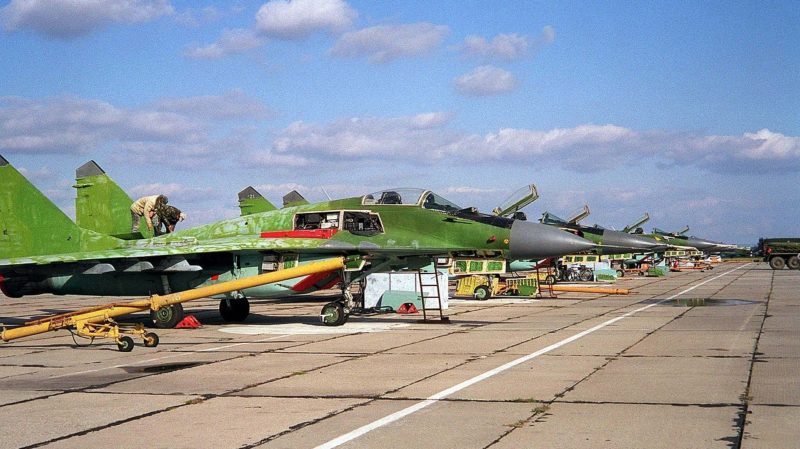14.03.2018, Moscow.
Candidate of Chemical Sciences Aleksey Zefirov, in his interview to a correspondent of the Rossa Primavera Information Agency of March 13, commented the statement made by UK Prime Minister Theresa May alleging that the former Russian Military Intelligence (Russian: GRU) officer Sergey Skripal was poisoned with a warfare agent of the “Novichok” group.
Zefirov drew a parallel between the information presented by media promoting the subject of Skripal’s poisoning with a “Novichok” group agent and similar information regarding the poisoning of Kim Jong-un’s brother, Kim Jong-nam, in 2017 in a Malaysian airport. “VX, which was ‘used’ against Kim Jong-nam, would have ‘killed’ everyone in the airport. It makes absolutely no sense how one could spray it out from a canister, or even rub it in another person’s face (a version that was also mentioned by the Malaysian investigators ― Rossa Primavera Information Agency), and survive.”
“That case had a lot of inconsistencies. For example, the head of the Malaysian police obviously confused chemical weapons with nuclear ones as he stated that he would check all the places visited by Kim Jong-nam’s killers for radioactivity. However, this did not embarrass the media. Everyone broadcasted this barrage of nonsense,” Zefirov added.
Also, the expert pointed out the poisoning of Kim Jong-nam with VX was the reason for the US to introduce further sanctions against North Korea on March 7.
“Journalists lack the level of knowledge about weapons of mass destruction that schoolchildren received of the Soviet period in basic military training classes, to an extent that places the world at the verge of a nuclear disaster!” he said.
According to Zefirov, the media campaign around the poisoning of the former GRU colonel Sergey Skripal with “Novichok” is a kind of a sequel to the Kim Jong-nam story. He also compared it with Western media reports about the use of chemical weapons against civilians in the Syrian city of Khan Shaykhun in 2017. After that incident, Western channels and outlets circulated a video of rescue breathing given to the injured people, while in fact rescue breathing given to a person exposed to the named agent would have been useless for the victim and deadly for the provider.
He also emphasized that the reluctance of major media to consult experts has repeatedly resulted in outright misinformation aimed at covering up obvious crimes. He recalled multiple attempts made by Ukrainian nationalists to explain the killing of people in the Odessa Trade Union Building by the alleged use of chloroform, while in fact the victims were cold-bloodedly incinerated.
Previously, a British chemical weapons expert Andrew Weber said that the “Novichok” group toxic agent was initially developed in Soviet laboratories to circumvent NATO security systems. A dissident chemist Vil Mirzayanov, the president of the “Independent Tatarstan in Exile” now living in the US, who was reportedly one of the authors of the substance, said that Russia was the only place it could leak from.
The UK Prime Minister Theresa May said that the former GRU officer Sergey Skripal was poisoned “with a military-grade nerve agent of a type developed by Russia.” According to May, this agent was part of a group of nerve agents known as “Novichok”.
On March 4, Sergey Skripal, 66, and his 33-year-old daughter Yulia were found slumped on a bench near The Maltings shopping center in Salisbury. Both are now in coma. According to the British authorities, the use of a substance prohibited by the international law was potentially hazardous for an unknown number of people. The investigation involves 250 officials of the anti-terror police department, 180 army servicemen including chemical warfare officers of the Royal Tank Regiment and experts from the Defence Chemical Biological Radiological and Nuclear Centre.
Former GRU officer and defector Sergey Skripal worked for the MI6 British intelligence service for a long time. Skripal exposed about 300 persons affiliated with the Russian intelligence to the Western security services . In 2006, he was convicted for espionage in Russia; in 2010, he was exchanged by the US for 10 Russian intelligence officers and then granted asylum in the UK.
Source: Rossa Primavera News Agency




